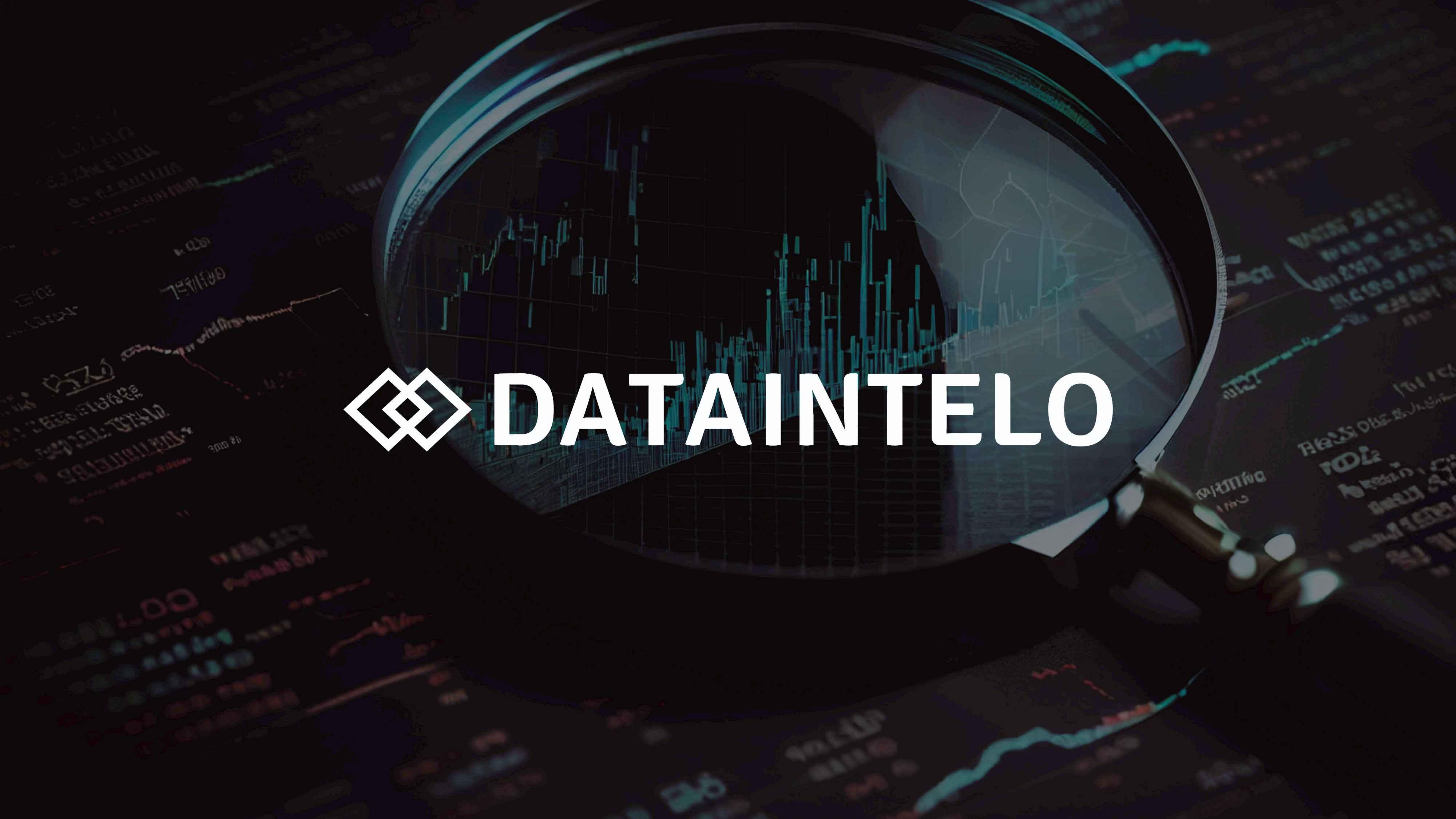Global 3D Geospatial Technologies Market Poised for Growth Amid Demand for Advanced Mapping and Smart Infrastructure

The 3D Geospatial Technologies Market is witnessing substantial growth, fueled by the increasing demand for accurate spatial data across diverse industries. From urban planning and infrastructure development to defense and disaster management, 3D geospatial technologies are becoming indispensable tools for real-time decision-making, simulation, and visualization.
These technologies combine advanced geographic information systems (GIS), remote sensing, photogrammetry, and 3D modeling to create highly detailed representations of the physical world. Their integration into smart city initiatives and digital twin strategies is transforming how governments and enterprises manage assets, plan expansions, and respond to emergencies.
With rapid technological innovation, expanding application areas, and increasing investment in infrastructure modernization, the market is expected to achieve robust growth globally over the coming years.
Key Drivers Accelerating Market Growth
-
Smart City Projects: The surge in global smart city initiatives is significantly driving the adoption of 3D geospatial solutions for urban infrastructure modeling and spatial analytics.
-
Infrastructure Development: Governments are investing heavily in railways, highways, and utilities, requiring detailed terrain and asset mapping using 3D geospatial tools.
-
Defense and Public Safety: The need for precision in surveillance, mission planning, and emergency response is boosting demand for geospatial intelligence.
First Call to Action
Request a Sample Report: https://dataintelo.com/request-sample/482866
Restraints Hindering Market Expansion
Despite its promising outlook, the 3D Geospatial Technologies Market faces a few challenges:
-
High Implementation Costs: Setting up 3D geospatial systems requires significant upfront investment in hardware, software, and skilled personnel.
-
Data Privacy Concerns: Detailed spatial mapping can raise issues around surveillance, personal privacy, and national security, especially in populated regions.
-
Limited Technical Expertise: A shortage of trained professionals hampers the adoption and effective use of these technologies in developing economies.
Nevertheless, ongoing R&D efforts and collaborations between academia and the private sector are working to lower costs and bridge the skills gap, making adoption more accessible.
Emerging Opportunities Shaping the Market
Several promising trends are opening up new possibilities in the 3D Geospatial Technologies Market:
-
Integration with AI and IoT: Combining 3D geospatial data with artificial intelligence and connected sensors enables predictive analytics for real-time asset monitoring and disaster response.
-
Growth in Digital Twins: Cities and industries are leveraging digital twin models that rely on accurate 3D spatial data for real-world simulation and planning.
-
Augmented and Virtual Reality (AR/VR): The use of 3D geospatial content in immersive technologies is expanding applications in tourism, education, and architecture.
Second Call to Action
View Full Report: https://dataintelo.com/report/global-3d-geospatial-technologies-market
Market Dynamics and Forecast Trends
The global 3D Geospatial Technologies Market is projected to grow at a significant compound annual growth rate (CAGR) over the forecast period, reaching multi-billion-dollar valuations by 2032. Market dynamics indicate strong traction across both public and private sectors due to increasing awareness of the benefits of spatial data in streamlining operations and improving decision-making.
Key Growth Indicators:
-
Rising adoption in construction and civil engineering for real-time terrain analysis
-
Deployment in utilities for grid and pipeline network monitoring
-
Expansion of drone-based 3D mapping across agriculture and mining sectors
Regional Insights and Comparative Analysis
-
North America: Leads the global market due to early adoption, government initiatives, and the presence of advanced infrastructure projects.
-
Asia-Pacific: Emerging as the fastest-growing region, driven by rapid urbanization, smart city rollouts, and major infrastructure projects in countries like India and China.
-
Europe: Maintains a strong presence with widespread adoption in environmental monitoring, heritage preservation, and transportation planning.
Application Segments Benefiting the Most:
-
Urban Planning and Smart Infrastructure
-
Emergency and Disaster Management
-
Utility Asset Management
-
Real Estate and Construction
-
Environmental Monitoring and Agriculture
Third Call to Action
Check Out the Report: https://dataintelo.com/checkout/482866
Technological Innovations Influencing the Market
Technological advancements are reshaping how 3D geospatial data is captured, processed, and utilized:
-
Lidar and Photogrammetry Enhancements: Improved sensors and higher-resolution imaging are enabling more accurate 3D terrain models.
-
Cloud-Based Platforms: Scalable storage and processing of geospatial data are making analysis faster and more cost-effective.
-
Edge Computing: Enables real-time analytics in remote areas, crucial for disaster zones, military operations, and agriculture.
Additionally, user-friendly interfaces and integration with other enterprise systems are making these tools more accessible to non-specialist users.
Future Outlook: Strategic Investment Areas
With governments and industries recognizing the value of spatial intelligence, the future of the 3D Geospatial Technologies Market looks promising. Key strategic areas for investment and focus include:
-
Standardization of Data Formats: Enhancing interoperability among systems to streamline data sharing across sectors.
-
Cybersecurity in Geospatial Systems: Ensuring that sensitive spatial data is protected from cyber threats and unauthorized access.
-
Public-Private Partnerships: Collaborations are fostering innovation and expanding market reach, especially in infrastructure and defense applications.
Fourth Call to Action
Request a Sample Report: https://dataintelo.com/request-sample/482866
Conclusion: 3D Geospatial Technologies at the Heart of Modern Innovation
The 3D Geospatial Technologies Market is rapidly transforming from a niche segment into a central component of digital infrastructure and urban intelligence. With its applications spanning from city planning to environmental protection, the technology is a key enabler of future-ready economies.
As more stakeholders recognize its value, strategic investments and technological developments will continue to drive market momentum. Organizations aiming to stay ahead in the digital landscape must integrate 3D geospatial intelligence into their operational and strategic planning frameworks.
- Art
- Causes
- Crafts
- Dance
- Drinks
- Film
- Fitness
- Food
- Jocuri
- Gardening
- Health
- Home
- Literature
- Music
- Networking
- Alte
- Party
- Religion
- Shopping
- Sports
- Theater
- Wellness
